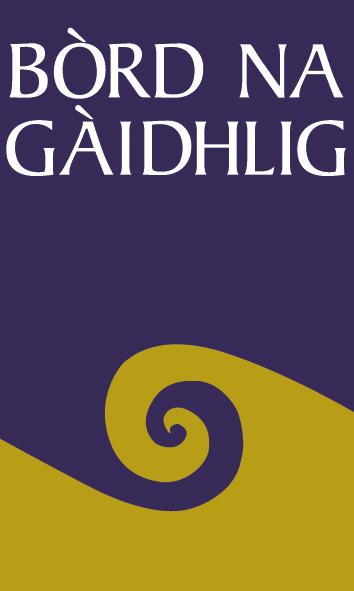
A poll in a local newspaper in Caithness, started just over a year ago, show that the vast majority of people are in favour of the council adopting bilingual road
A poll in a local newspaper in Caithness, started just over a year ago, show that the vast majority of people are in favour of the council adopting bilingual road signs in the area.
Caithness, is one of the areas where Councillors have argued over the last year that people do not want bilingual road signs and that a plan set out by the Highland Council – which covers Caithness - last year to replace old signs with bilingual ones is not wanted, is a waste of money and is a danger for drivers. The online newspaper poll however, in the John O Groat Journal, showed yesterday (26th April 2009) that 1891 people wanted Caithness to have bilingual road signs compared to 1372 people who do not and 41 people who were not sure.
Arthur Cormack, the recently appointed chairman of Bord na Gaidhlig -the official development body created by the Scottish Parliament\'s Gaelic Language Act - said this week:
\"I am really not sure that there is groundswell of opinion against Gaelic in Caithness. I think the councillors have got to be careful that they are not just representing a very vocal but rather small minority.\"
Bord na Gaidhlig this week became embroiled in the increasingly public debate with Councillors following rumours that the antipathy shown by some Councillors to the bilingual road signs in Caithness, may mean that the national MOD – the biggest Scottish Gaelic language and cultural event – will not be held in Caithness in 2010 as planned. Mr Cormack, who is a famous Gaelic language singer, said:
\"I do find it hard to understand how on the one hand they are willing to stage the Mod in Caithness, the highest profile celebration of the Gaelic language, and on the other appear to be absolutely outraged by the idea of having bilingual road signs. When I used to go up to Caithness to sing, I never found any overt antipathy to Gaelic.\"
However, after a meeting with representatives from the Highland Council and Bord na Gaidhlig last week, the local Councillors were quick to point out that the rumours had no basis at all and were a \"complete fabrication\". The meeting – which took place in Inverness - to discuss the issues involved was described by all those who took part as \"very constructive and helpful\".
The policy to introduce the Gaelic language signs was part of the Highland Council\'s Gaelic language plan, which the Council was required to undertake by law with the agreement of Bord na Gaidhlig, as part of the Scottish Government\'s Gaelic Language Act. The Highland Council then voted the plan through at a full council meeting. However, Senior Caithness councillor David Flear said that the dissenting councillors hadn\'t initially opposed the proposal because they hadn\'t realised that bilingual road signs were part of the plan.
It has been argued that there is no Gaelic heritage in Caithness, because of the Norse influence, but Mr Cormack argued:
\"Nobody is denying the Norse tradition, but many of the inland places in Caithness have Gaelic names. Gaelic was spoken over huge swathes of that area, as indeed it was across virtually the whole of Scotland at one time.\" He went on to add:
\"Nobody is talking about ripping down good signs. A bilingual sign will only be introduced when the existing one needs to be replaced, and the cost of having Gaelic on it is something like £65.\"
It is hoped that an agreement will be reached on a way forward next month.
(Article prepared for Celtic News by Rhisiart Tal-e-bot, General Secretary)
J B Moffatt Director of Information Celtic League
27/04/09
 The Celtic League has branches in the six Celtic Countries. It works to promote cooperation between these countries and campaigns on a broad range of political, cultural and environmental matters. It highlights human rights abuse, monitors all military activity and focuses on socio-economic issues.
TEL (UK) 01624 877918
MOBILE (UK)07624 491609
(voir le site)
The Celtic League has branches in the six Celtic Countries. It works to promote cooperation between these countries and campaigns on a broad range of political, cultural and environmental matters. It highlights human rights abuse, monitors all military activity and focuses on socio-economic issues.
TEL (UK) 01624 877918
MOBILE (UK)07624 491609
(voir le site)

Commentaires (0)
Aucun commentaire pour le moment. Soyez le premier à réagir !